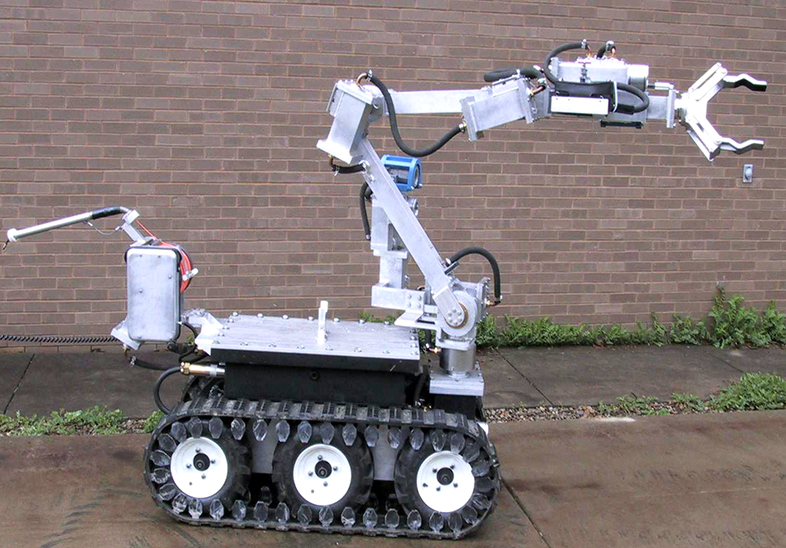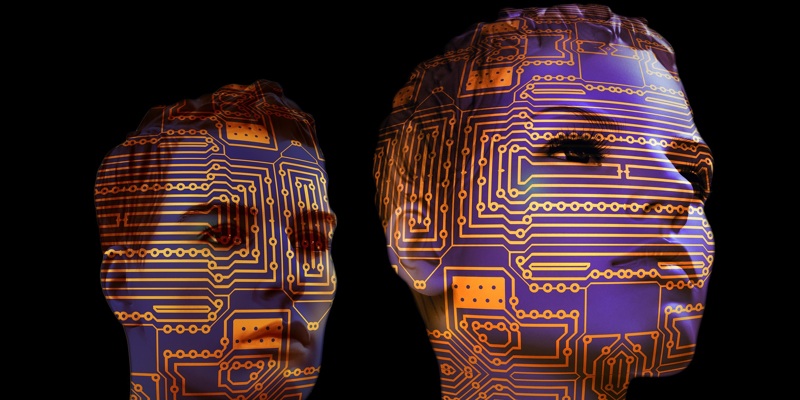Mind-Altering Drugs Are Here to Stay

Can we engage in “straight talk” about confusing drugs?
How Computer Simulations May Help us Understand Religious Behavior

Wesley Wildman The human approach to processing terrifying events involves an exquisitely complex system of deeply intuitive human responses to emotional, social and environmental threats and uncertainties.
To Let Live and Make Die: Human Ethics and Moral Machines

Sylvester Johnson In this new, present age of intelligent machines, religious studies experts especially will be faced with a paradigm shift. They have approached problems of ethics and morality by assuming that moral communities are exclusively constituted by communities of biological humans.
From Bodily Resurrection to Spiritual Machines: Being Human in the Age of Intelligent Machines, Part 2

Sylvester Johnson In a letter to new converts in Corinth, the provincial capital of Achaia, the messianic Jewish preacher Paul of Tarsus affirmed for his followers that they were assured a respectable existence in the afterlife. As an astute Platonist, Paul appreciated the ‘common sense’ that dictated material entities—the human body, in this case—could not participate in eternal economies of the spiritual plane.
Giving up the Ghost?: Being Human in the Age of Intelligent Machines (Part I)

Sylvester Johnson For several centuries now, at least, a thriving humanities tradition has been established on the notion that being human is in large measure predicated on the ability to think and reason. In contemplating the nature of human ontology, Rene Descartes (1596–1650) famously quipped that the human subject can be known to exist precisely because of thinking, which requires a thinker as subject—Cogito ergo sum.
